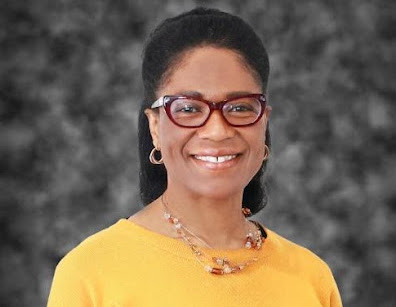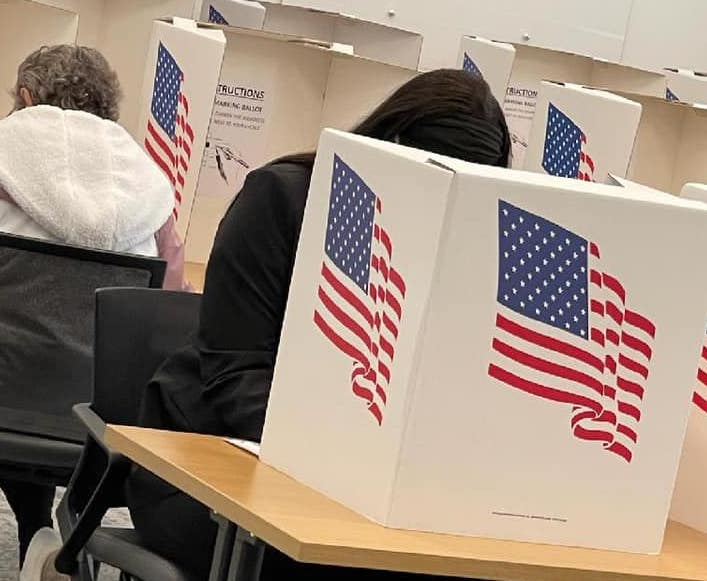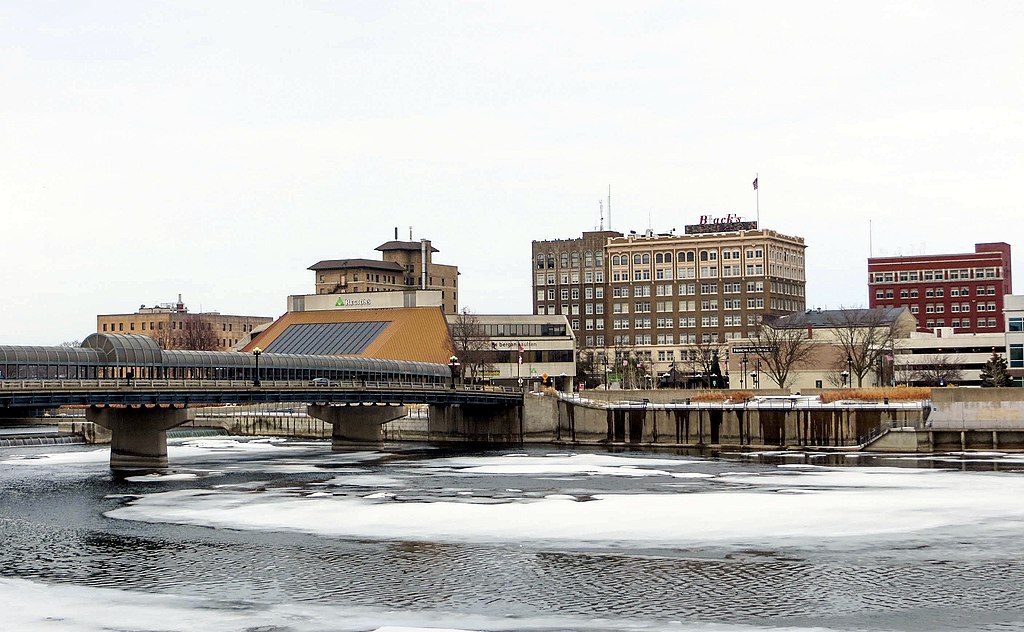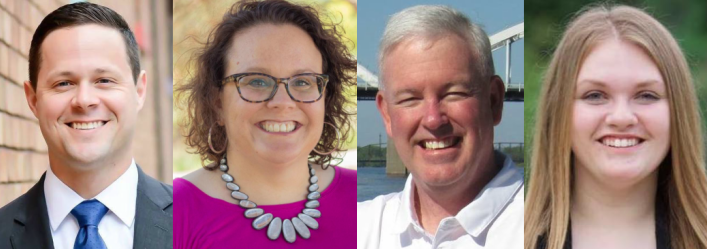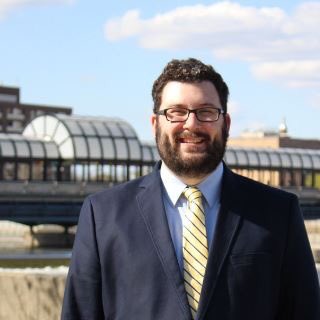For Immediate Release: November 24, 2009
Contact: Eric Nost,
Environment Iowa | 515-243-5835; cell: 319-621-0075 |
enost@environmentiowa.org
New Report: Iowa’s Power Sources Outdated, Under-regulated
Des Moines — Iowa is home to some of the nation's oldest and most polluting coal-fired power plants, according to a new analysis of government data released today by Environment Iowa. Half a year after a proposal for a new coal plant in Marshalltown was canceled and over one year after a similar proposal for Waterloo was denied, a group of environmental groups are calling for tougher regulation on existing power plants. (Report available at http://www.environmentiowa.org)
“Building new coal plants in Marshalltown and Waterloo would have been disastrous. Now we need to make sure that we clean up those plants that we've already built,” said Environment Iowa state associate Eric Nost. “They are outdated and under-regulated. Old coal-fired clunkers ought to have to meet modern emissions standards.”
Nationally, the report shows that America's supply of electricity is dominated by old plants, and that the oldest and dirtiest facilities often go hand-in-hand. Power plants first built three decades ago or more produced 73 percent of the total global warming pollution from power plants in 2007. Older power plants on average emit more carbon dioxide per unit of energy than newer ones.
Though it supplies the majority of Iowa’s electricity, coal is the most polluting of all fuel sources.
The state's largest and most polluting coal plant – the Walter Scott Jr. Energy Center in Council Bluffs – released nearly ten million tons of carbon dioxide into atmosphere in 2007. Parts of the facility date back to 1954.
Coal-fired plants like the Walter Scott Jr. Energy Center currently do not have to meet any carbon dioxide pollution standard, meaning that they can function as an unchecked contributor to global warming. Such plants comprise the nation’s single largest source of global warming pollution.
The growing impacts of global warming will pose serious threats to Iowa, particularly on the agricultural sector as rainfall declines and warmer temperatures evaporate moisture in the soil more quickly, leading to lower yields. To avoid the worst effects of global warming, science shows that the U.S. must cut its global warming pollution by 35 percent by 2020.
“Although numerous studies have shown that Iowa’s important agricultural sector has a great deal to lose if nothing is done to stop climate change, groups opposed to taking steps to curb global warming emissions have used a strategy of focusing on energy cost increases for farmers, businesses, and residential consumers, and emphasizing potential job losses in energy-intensive industries,” said Neila Seaman, director of the Iowa Chapter of Sierra Club. “It is imperative that Iowa’s U.S. Senators use their power to ensure a strong Clean Air Act and pave the way for the regulation of carbon dioxide.”
The Senate is slated to consider legislation in the next few months to establish the first-ever federal limits on global warming pollution and bolster incentives for clean energy sources like wind power.In addition, the Environmental Protection Agency (EPA) has proposed a rule to require coal plants and other large industries to use available technology to cut their global warming pollution when new facilities are constructed or existing facilities are significantly modified.
“We urge Senators Harkin and Grassley to ensure that the Senate passes an energy bill that requires coal plants to meet modern standards for global warming pollution, making room for more clean energy projects, like wind and solar power. We need more jobs building wind farms, installing solar panels and weatherizing homes, not more pollution,” concluded Nost.
###
Environment Iowa is a citizen-funded advocacy organization working to protect the state's clean air, clean water, and open spaces.

